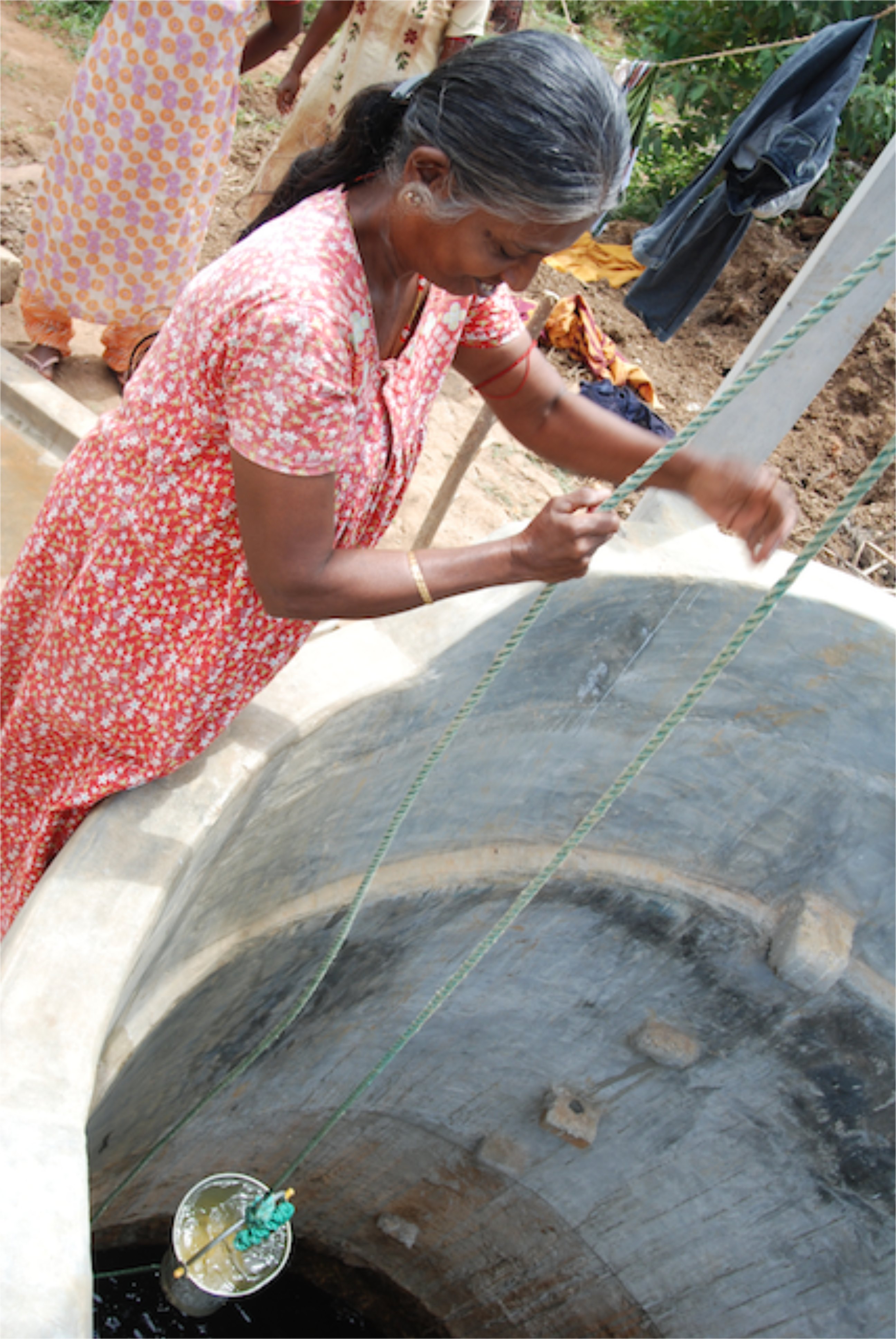I am so happy to be back on my own land, raising my children in the same surroundings I grew up in. This is something I’ve been dreaming about for years,” beams Anusha Jeyapraba, from Sri Lanka’s war torn North. For a major part of her life, 39-year-old Anusha knew nothing but violence, bloodshed, loss, displacement and destruction. She is one of the tens of thousands of women who along with their families lost loved ones, belongings, livelihoods, were displaced multiple times and faced many a hardship during the island’s 26-year conflict between armed forces and rebels who fought for a separate state.
It was sheer resiliency and courage that helped her rise up each time she encountered another difficulty. Thanks to this resiliency Anusha is rebuilding her life. Twenty plus years after she was first displaced, she is back home reunited with her family. “I’ve been dreaming of the day when I would be able to give my family a taste of the life I once enjoyed with my parents and siblings in these surroundings” says Anusha.
While she enjoys peace in her new home with her carpenter husband and four daughters aged 13, 12, 8, and 4 years, Anusha is grateful for the widespread support she received from firstly a USAID-funded project which helped her with shelter, water, livelihoods assistance. “In addition to all the support the project provided to rebuild our lives, it also helped me find a school for my youngest child and has helped reunite the members of the village women’s committee of which I am a part”, she adds. The USAID-funded initiative, implemented by Sevalanka - a local non-profit organization -, is providing transitional shelters, safe water and sanitation facilities for families returning to their villages of origin after decades of displacement in northern Sri Lanka. It is also restoring agricultural and fishing livelihoods and reviving home gardens to improve basic nutrition and food security. The project is also helping to resolve several pressing issues among the communities; including gender concerns, psychosocial care and loss of civil documentation.
She was first displaced in 1990 at the age of 16 when her family of six, along with other families, fled their village-turned conflict zone. As the conflict intensified, her family has moved from one location to another with neither proper living conditions nor access to education or health services, adding to the trauma she lost her mother when she was very young.
With the help of her community, Anusha and her husband have added a larger kitchen and veranda to the USAID-funded shelter. “I paid for the extensions out-of-pocket but this way I give the house a more homely feel. I can resume cooking the meals my family enjoys and together we can relax outside on the veranda” says Anusha talking about a luxury they were deprived of during their displaced years in welfare centers.
Anusha has always been keen on home gardening so she attended planting trainings conducted under the initiative, along with other villagers. They received seeds to take home. Anusha also purchased more seeds, which are now growing well around the house. She now not only has a house that she can call her own but also a lush garden “in the making” comprised of fruits, vegetables and flowers. She is motivated and is thinking about starting an additional livelihood option that involves either planting a cash crop or developing and selling utensils out of coconut shells.
Anusha feels she has achieved a lot over the past year, she is happy that her children are back in school, her home garden will soon put food on the table even on days her husband, a daily paid carpenter, does not find work, and she is surrounded by family and friends. Anusha says with a big smile “I am back on my land and no one can take it away from me.”








Comment
Make a general inquiry or suggest an improvement.